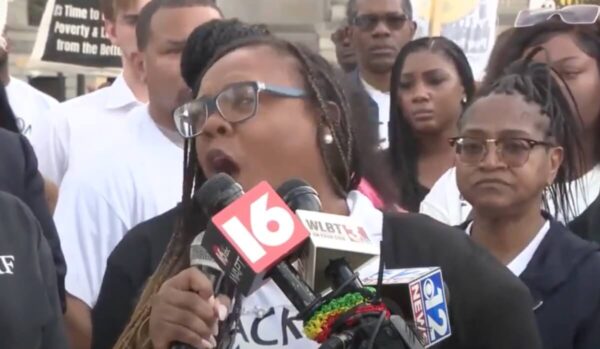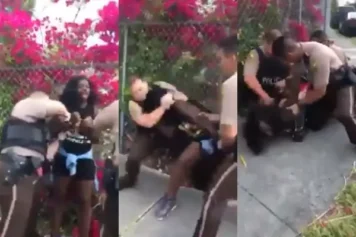The Mississippi Supreme Court ruled that part of a controversial measure that allowed the state to appoint four unelected special circuit court judges in the majority-Black city of Jackson to oversee the city’s crime and policing is unconstitutional.
State supreme court justices struck down part of the measure that allowed the Chief Justice to appoint those temporary judges rather than continue state constitutional policy that enables the people to elect them.

The part of the measure still at play allows the expansion of the Capitol Complex Improvement District in the city of Jackson and the power of the Capitol Police, as well as the creation of a special circuit district court.
Currently, felony criminal cases are handled by the Hinds County Circuit Court. Had the bill been fully upheld, four special judges would have been appointed to a newly created circuit court in Hinds County, which is more than 70 percent Black. Those judges don’t even have to live in Jackson or Hinds County, but their appointments would have disenfranchised many Black voters of their power to select their own judges.
Related: How Clarence Thomas Has Been Able to Walk a Fine Line When It Comes to Ethics
The ruling that the state supreme court justices handed down means that judges for that court must be elected instead of appointed.
In a unanimous 8-0 vote, all the justices sided with the plaintiffs that sued the state to challenge House Bill 1020. According to the Mississippi Free Press, they stated that the part of the bill that designates the “creation of four new appointed ‘temporary special circuit judges’ in the Seventh Circuit Court District for a specified, almost-four-year term violates our Constitition’s requirement that circuit judges be elected for a four-year term.”
“While Section 1 calls these new judges ‘special circuit judges’ on paper, we see nothing special or unique about them—certainly nothing expressly tethering them to a specific judicial need or exigency,” says the ruling, which reversed a lower court decision. “Rather, Section 1’s text merely creates four unelected circuit court judgeships, appointed into Hinds County to serve three-and-a-half years instead of four.” Justice James D. Maxwell II wrote for the majority.
The justices did emphasize in their opinion that the chief justice can temporarily appoint special judges to assist this court or any other judicial district in Mississippi only to address “exigent circumstances” or in cases of “emergencies or overcrowded dockets.” It’s a practice that has been routinely used in the past.
Two justices disagreed with the decision to uphold the creation of the circuit district court. Justice James W. Kitchens wrote in a dissent that it was based upon a “fiction of convenience that overreaches our judicial function and, of ultimate importance, our constitutional duty.”
A lawyer for the three Jackson residents who challenged the bill told local news outlet WAPT that he was pleased with the court’s ruling.
“The Constitution stood strong. We are really appreciative of what the Supreme Court did, and our plaintiffs are, you know, local folks who care deeply about their right to vote feel vindicated,” Cliff Johnson with the MacArthur Justice Center said.
The lawsuit against House Bill 1020 gained national steam, especially when the U.S. Department of Justice lodged a federal complaint over the summer, labeling it as “racially discriminatory” and a constitutional violation.
The NAACP also filed a lawsuit against Mississippi Gov. Tate Reeves and other state officials, claiming the decision to expand state criminal justice jurisdiction in Jackson violates the civil rights of the city’s Black residents.


